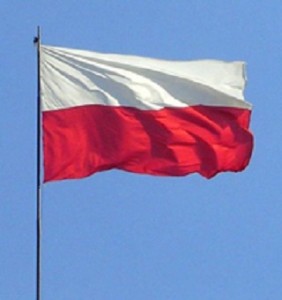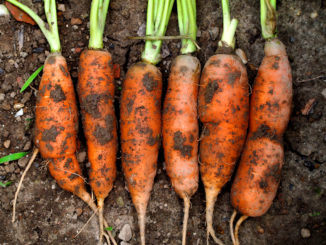
Poland has won it’s campaign to gain a protective EU trademark for kabanos sausages, after Germany attempted to veto the action. Amid fears that German sausage producers would be compromised by the ruling, there was fierce opposition from Berlin. During the registration procedure also Austria and Czech Republic raised objections to the registration of kabanos. Nevertheless, the decision to grant the special status to the kabanos was finalised after Germany, a leading producer of sausages in Europe, pulled out its objection. However, explanations made by the Polish party have been accepted and the product has been registered in the EU as Traditional Speciality Guaranteed (TSG), which is one of three carefully delineated trademarks championed by the EU.
TSG logo does not refer to products genuinely originating from a region but it indicates traditional components or process of production. Listing a product on TSG does not imply that other producers cannot use the product’s name and the TSG label but if they want to do so, they need to comply to given regulations.
The other two trademarks within the framework Protected Designation of Origin (PDO) and Protected Geographical Indication (PGI). The introduction by the EU of a TSG boosts farmers’ revenues and maintains the population in less favoured or remote areas by promoting the rural economy. The word “kabanos” originates from Turkish “kaban” which means “pig”. Kabanos is a popular in Poland long thin stick of dry sausage made of pork. “Kabanosy” were eaten throughout Poland as early as in 1920s and 1930s. then they were extremely popular during Communist era in Poland (1945-1989), becoming a Polish export speciality, together with ham and bacon.
Nine Polish products have been registered as the Traditional Speciality Guaranteed so far, including “Mysliwska” (Hunter’s Sausage) and “Jalowcowa” (Juniper Berry Sausage). Other products on the TSG list include Spain’s Jamon Serrano, Italy’s Pizza Napoletana and the UK’s Traditional Bramley Apple Pie Filling.




